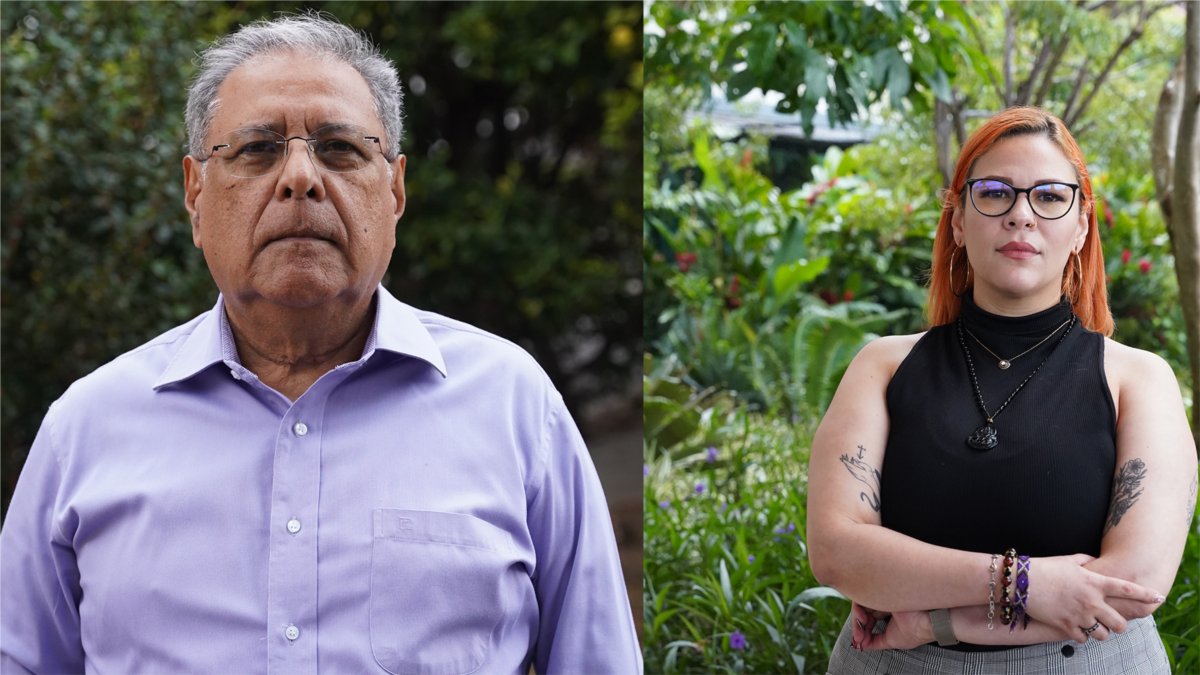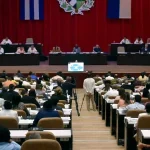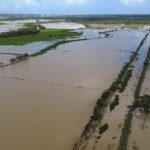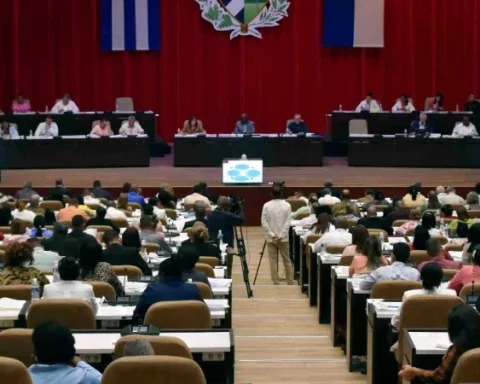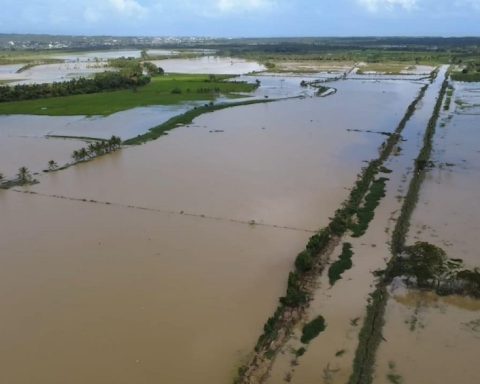More than a year ago, former representative and economist Enrique Sáenz lost everything he had in Nicaragua overnight, including his nationality. In his own words, his crime was “opposing the dictatorial regime of Daniel Ortega.”
“In addition to the stripping of my nationality, in my case they confiscated my house, they confiscated my vehicle, they froze the bank accounts I had, they canceled the social security pension that I had been receiving for several years because I had reached the age of majority and the social security contributions. retirement, they annulled the diplomas and licenses to practice those professions,” Sáenz told the Voice of America.
“He intended to kill us civically (…) it is what is called civil death,” he stated.
The Constitution of Nicaragua establishes in its article 21 that the acquisition, loss and recovery of nationality are regulated by laws. But the ruling party, which controls the National Assembly, approved a reform to establish that “those who betray the Homeland lose their nationality.”
Sáenz is part of the more than 300 people from whom the Nicaraguan authorities withdrew their Nicaraguan nationality in February 2023. six years of the protests that led to a political and social crisis in the Central American nation. Among them there are artists, intellectuals, journalists and writers.
Reinvent yourself to survive
Alexa Zamora, a human rights activist, had a similar experience when she was deprived of her nationality. She describes her current situation as “legal limbo.”
“Everything that it implies in terms of access to legal documentation, even as a professional to be able to receive accreditation, was complicated for me,” said Zamora.
But Zamora says that the repercussions not only affected her, but also her daughter. “She had a secondary impact on my family unit. I am a single mother and having disappeared from the registry affected my legal status as a Nicaraguan.”
President Daniel Ortega’s measure against his critics by stripping them of their nationality was viewed with astonishment by the international community. The United States said the action was “incompatible with the Universal Declaration of Human Rights, which states that everyone has the right to nationality,” while Spain offered nationality to opponents.
Both Zamora and Sáenz have received Spanish nationality and both classify it as “a triumph.”
“I am now a Spanish citizen. I am not stateless. I am still Nicaraguan. In fact, by granting me Spanish nationality, it clarifies that I receive it without renunciation of Nicaraguan nationality,” says Sáenz and Zamora agrees with that.
Connect with the Voice of America! Subscribe to our channels Youtube, WhatsApp and to newsletter. Turn on notifications and follow us on Facebook, x and instagram.
